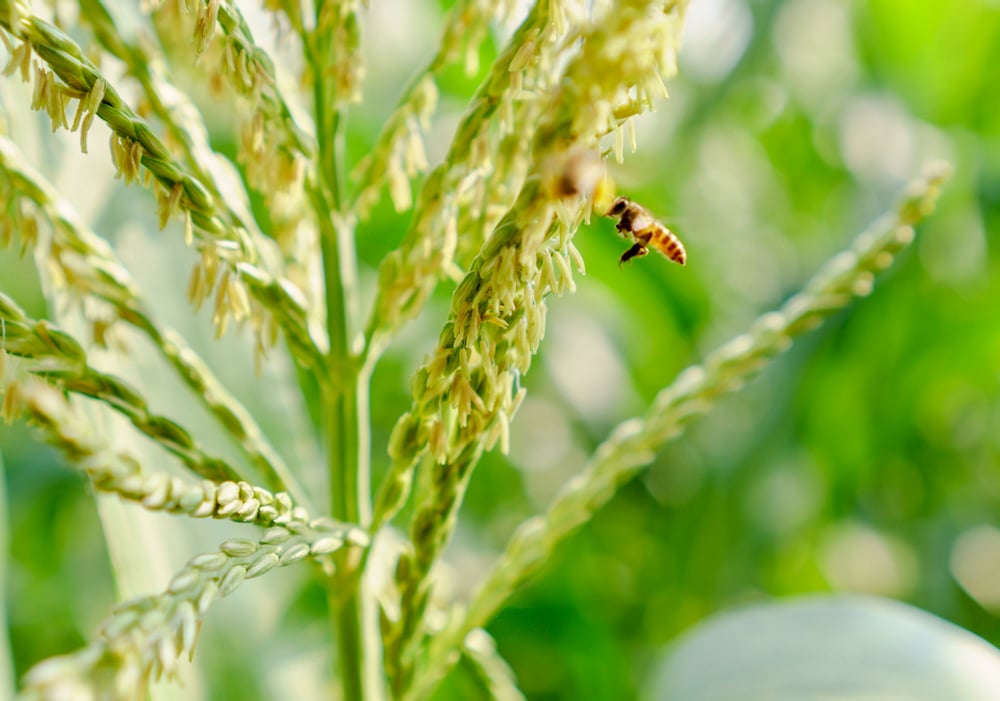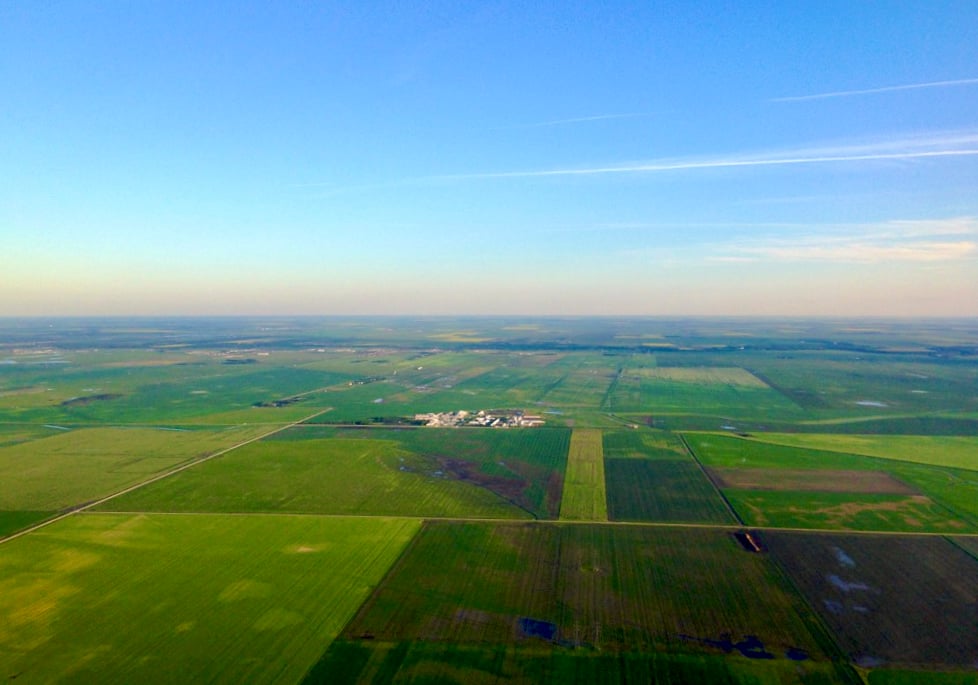New plant-based bee health treatment shows promise

The challenges facing bee health have become well-known in recent years as bee deaths have made headlines in many countries.
Read Also

Global interest still strong in farmland purchase
Glacier FarmMedia – With 154 million acres, Canada has a decent share of the world’s crop and pasture land. Canada…
According to the Canadian Association of Professional Apiculturists, honeybee losses in Canada were estimated at 32 per cent nationwide last year, with provincial losses ranging from 11.7 to 46.2 per cent.
A British Columbia company believes it may have a solution in the form of its proprietary product, ApiSave, and early trial results are promising.
Why it matters: According to the United Nations Environment Program, of the more than 100 crop varieties that provide 90 per cent of the world’s food, 71 are pollinated by bees.
“Humans can only survive about four years without bees, so this is a global food security problem,” says Russ Crawford, vice-president of business development at Nature Recombined Sciences Inc.
“Pesticides and climate change threaten bees but it’s mainly viruses and also varroa mites that affect their health.”
Speaking at the recent SPARK Symposium in Elora that showcased Canadian ag tech innovation, Crawford noted that American foulbrood and European foulbrood are the top two diseases affecting bee hives, and resistance is rising to current treatments involving a synthetic compound that requires a veterinary prescription.
ApiSave is a natural antimicrobial plant extract that, according to Crawford, has more than a 99.9 per cent efficacy rate against both foulbrood pathogens, and 68 to 80 per cent efficacy against varroa mites.
A collaborative study with the National Bee Diagnostic Centre showed an up to 80 per cent survival rate against European foulbrood in bees treated with the extract compared to those that were not treated.
“Our solution is the only treatment against all three of these threats and we’re working on new formulations by adding other natural products to get the mite results even higher,” Crawford says.
“ApiSave will leave no toxic residues in honey or the environment.”
Nature Recombined’s work has its roots in the hemp industry and was originally focused on finding natural sanitizers for humans during the COVID-19 pandemic. The company refocused its business when it became aware of the growing threat to bee health and how its technology could have a positive impact.
The product is made from a plant extraction and can be applied as a spray or powder. According to Crawford, the easiest way is to add a small amount to the sugar solution inside a hive, where it will boost bees’ immunity to ward off pathogens and pests like the varroa mite.
The company has completed studies in Western Canada and just wrapped up trials in Mexico, but multiple years of replicated validation studies will be needed to obtain regulatory approvals to go to market.
It will continue lab and in-field work in Canada this year, some of it with larger beekeepers in Western Canada who are active research participants.
Trials are also slated for Australia and New Zealand and there is interest from the United Arab Emirates and the European Union.
“We need bigger proof of concept, and we are working with the industry, including the Alberta Beekeepers Commission. Another year of testing and positive results will help us move to the next step; the other is getting regulatory approval,” says Crawford.
If Nature Recombined opts to market ApiSave as a veterinary health product – bees are considered livestock in Canada – regulatory approval will start with Health Canada.
The processes to bring the product to market as either a pesticide or a veterinary drug will be much longer and more complex, he notes.
The company is looking for a manufacturing partner that will be able to produce ApiSave on a large scale. Long-term, it is also seeking partners to help commercialize the innovation and bring it to market.
“We’ve learned a lot from working with the bee community. This is a big deal; it can make a significant difference to a big threat,” Crawford says, adding that Canada and the United States have approximately 3.46 million bee colonies.
Source: Farmtario.com

